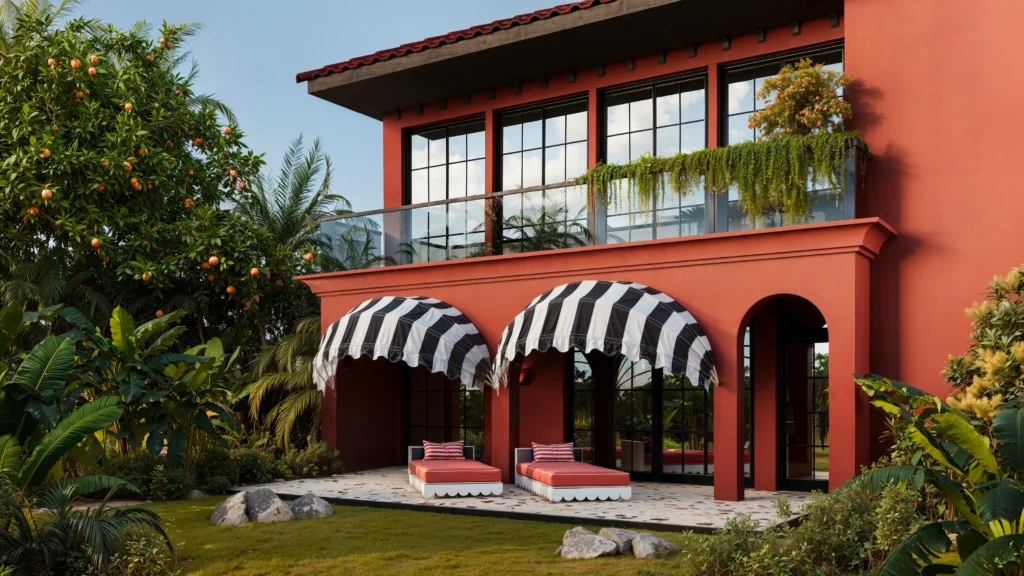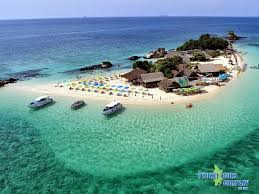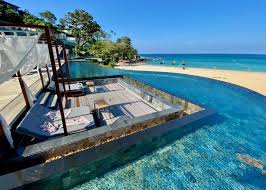Can Foreigners Buy Property in Thailand? Your 2026 Complete Guide
Foreigners ownership
One of the most common questions asked by investors and expats is: “Can foreigners buy property in Thailand?”. The answer is yes—but with specific rules and structures you need to understand. In this 2026 guide, we’ll explain how foreigners can legally own condos and villas in Thailand, the difference between freehold and leasehold, and why it’s still one of the best real estate markets in Asia.

Condo Ownership: The Easiest Path for Foreigners
Under Thai law, foreigners are allowed to own up to 49% of the total saleable area in a condominium building. This is called the foreign quota. When you buy a condo, your ownership is registered at the Land Office as freehold, giving you the same legal rights as a Thai national. This makes condos in Bangkok or Phuket a top choice for foreign investors.

Can Foreigners Own Land in Thailand?
Direct land ownership is restricted for foreigners. However, there are legal and widely used alternatives:
- Leasehold Agreements: Typically structured as 30 years with 2 possible renewals (30+30+30). Perfect for luxury pool villas in Phuket or beachfront properties in Koh Samui.
- Thai Limited Company: Many foreigners set up a Thai company to hold land, with a majority Thai shareholder structure. Requires ongoing accounting and compliance.
- BOI or Special Structures: For large investors, Board of Investment incentives may allow land ownership under specific projects.
Step-by-Step Process for Foreign Buyers
- Choose your property type: Condo for freehold ownership, or villa/land under leasehold.
- Reserve the unit: Typically requires a reservation deposit of 100,000–300,000 THB.
- Conduct due diligence: Work with a lawyer to check title deeds, building permits, and lease terms.
- Sign the Sales & Purchase Agreement (SPA): Clearly state payment terms, handover, and ownership structure.
- Transfer funds: Foreign buyers must send funds into Thailand in foreign currency (recorded with a Foreign Exchange Transaction Form).
- Register at the Land Office: For condos, ownership is transferred. For villas/land, leases are officially registered.

Taxes and Fees for Foreign Property Buyers
Property transactions in Thailand involve several costs, usually split between buyer and seller:
- Transfer Fee: 2% of the property value (often shared).
- Withholding Tax: 1% for companies, progressive for individuals.
- Stamp Duty / Business Tax: Depends on transaction structure.
- Annual Property Tax: Low compared to Western countries.
Why It’s Worth Buying Property in Thailand in 2026
Despite these legal nuances, Thailand remains one of the most attractive markets for foreigners because:
- Affordable luxury compared to Europe, Dubai, or Singapore.
- Rental yields ranging from 5–12% depending on location.
- Strong expat and tourist demand for short-term and long-term rentals.
- Crypto-friendly transactions now possible for select developers.

Best Locations for Foreign Property Ownership
If you’re considering where to buy, these hotspots stand out in 2026:
- Bangkok: High-rise condos in Sukhumvit and Sathorn attract expats and professionals.
- Phuket: Villas near Bang Tao, Kamala, and Rawai are popular for lifestyle and rentals.
- Koh Samui: Beachfront villas and boutique resorts for eco-luxury investors.

Заключение
So, can foreigners buy property in Thailand? Absolutely—but the key is knowing which structures apply. Condos offer the most straightforward freehold option, while villas and land are usually held via leasehold or company setups. With careful planning and the right partners, Thailand offers one of the best combinations of lifestyle and investment potential in Asia.
👉 Start exploring opportunities today: Check out our latest Thailand properties for sale and schedule a free consultation with TwinsEstate.





